The Benefits of Minimalism: Minimalism is becoming increasingly popular as people seek to simplify their lives and reduce clutter.
The Benefits of Minimalism
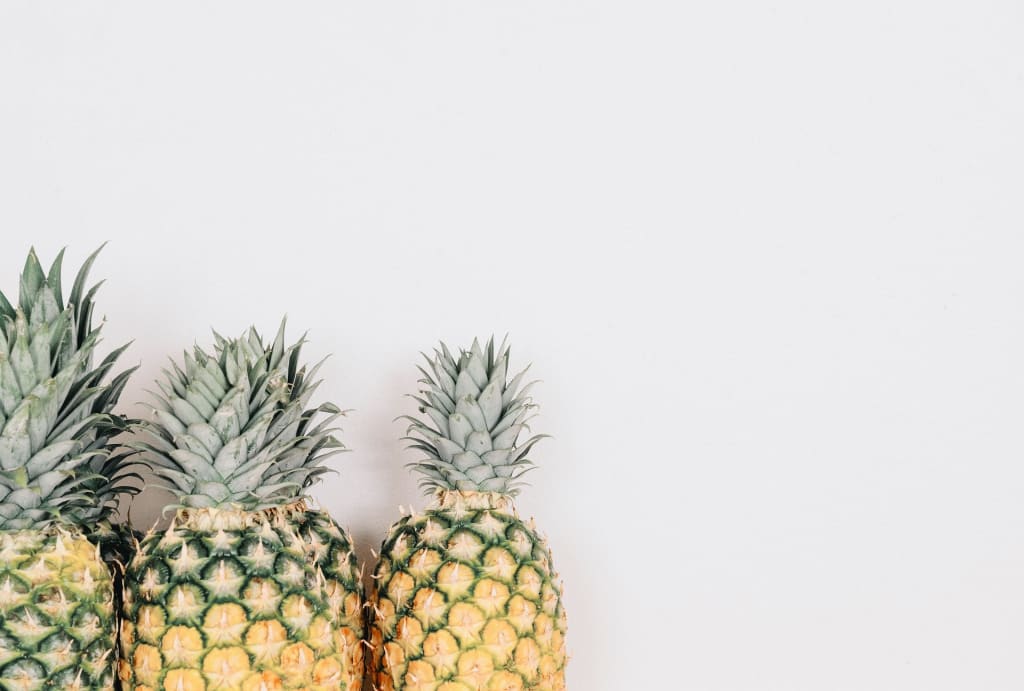
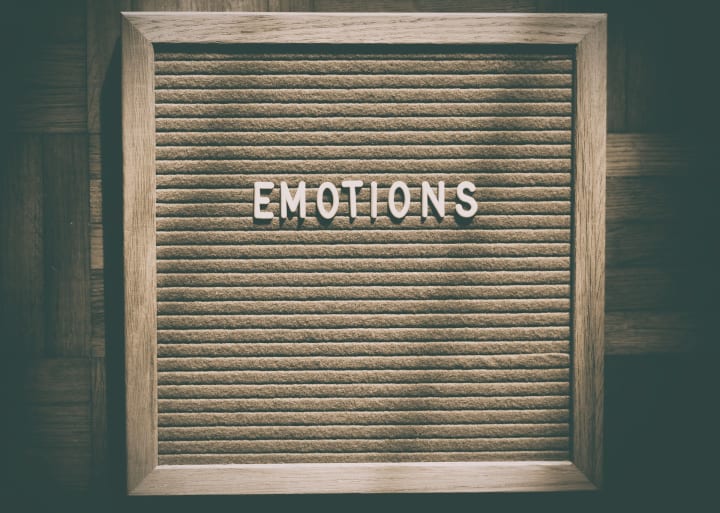
In today's fast-paced world, many people are feeling overwhelmed by the constant barrage of information, possessions, and responsibilities. As a result, minimalism is becoming increasingly popular as people seek to simplify their lives and reduce clutter. Minimalism is a lifestyle that emphasizes the importance of living with less, both in terms of material possessions and mental clutter. In this article, we will explore the benefits of minimalism and why it has become such a popular trend.
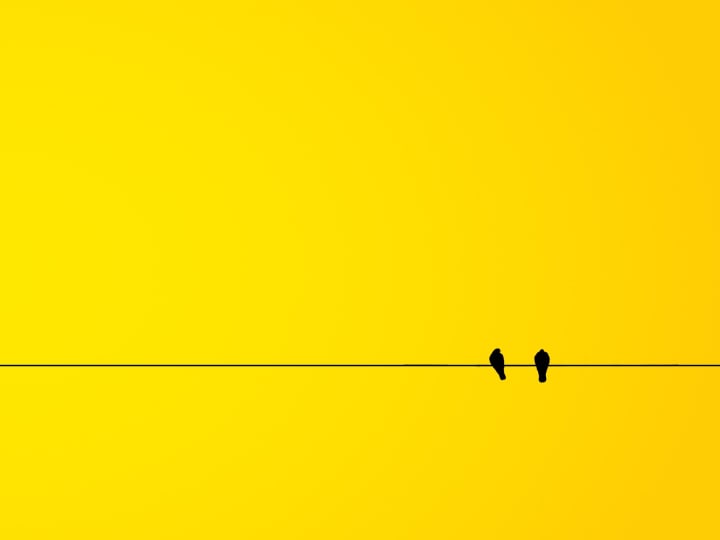
Less Stress, More Clarity
One of the primary benefits of minimalism is that it can reduce stress and improve mental clarity. When you have fewer possessions and commitments, you have fewer things to worry about. This can help you feel more relaxed and calm, and it can also make it easier to focus on the things that are truly important in your life.
Minimalism can also help you gain clarity about your priorities and goals. When you remove the distractions and noise of excessive possessions and commitments, you are better able to focus on what truly matters to you. This can help you make better decisions about how you spend your time and resources, and it can also help you feel more fulfilled and satisfied with your life.

Greater Freedom and Flexibility
Another benefit of minimalism is that it can give you greater freedom and flexibility. When you have fewer possessions and commitments, you have more time and resources to pursue the things that you truly enjoy. You can also be more flexible in terms of where you live, work, and travel. For example, if you don't have a lot of possessions, you may be able to live in a smaller, more affordable home or travel more frequently.
Minimalism can also help you reduce your reliance on consumerism and material possessions. When you are less focused on accumulating more stuff, you may find that you have more time and energy to focus on experiences and relationships. This can lead to a more fulfilling and meaningful life, as you are able to prioritize the things that truly matter to you.

Improved Finances
Minimalism can also have a positive impact on your finances. When you are not constantly buying new things and accumulating clutter, you are able to save money and reduce your expenses. This can help you achieve financial stability and independence, and it can also reduce the stress and anxiety that often comes with financial insecurity.
In addition, minimalism can help you develop better habits around money and consumption. When you are more intentional about your purchases and less focused on consumerism, you may find that you are able to make better decisions about how you spend your money. This can lead to a more mindful and fulfilling relationship with your finances.
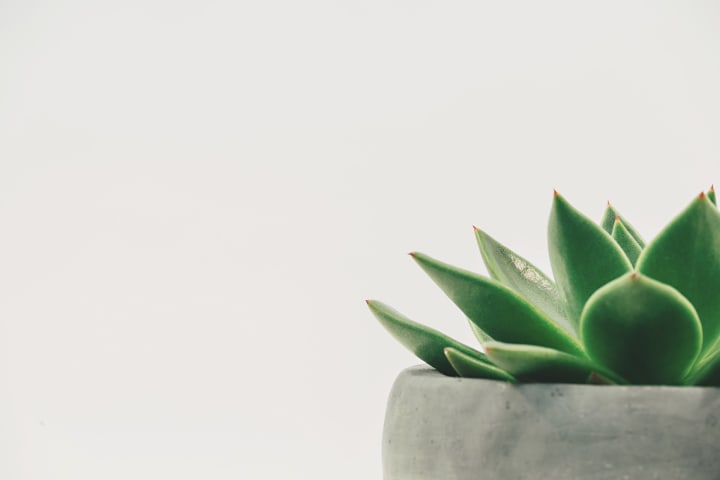
Environmental Benefits
Another important benefit of minimalism is its positive impact on the environment. When you consume less and focus on living with fewer possessions, you are reducing your environmental footprint. This can help to reduce waste, conserve resources, and promote sustainability.
Minimalism can also encourage you to make more environmentally conscious choices in other areas of your life. For example, you may choose to eat more plant-based meals, use public transportation instead of driving, or reduce your energy consumption at home. These small changes can add up to a significant positive impact on the environment.

Improved Mental Health
Finally, minimalism can have a positive impact on your mental health. When you are living with less clutter and fewer distractions, you may find that you feel more peaceful and content. This can lead to reduced stress and anxiety, and it can also improve your overall mental wellbeing.
In addition, minimalism can help you develop healthier habits around self-care and self-reflection. When you have fewer distractions and commitments, you may find that you have more time and energy to focus on your mental and emotional wellbeing. This can help you develop greater self-awareness and resilience, and it can also improve your relationships with others.

Conclusion
In summary, minimalism is a lifestyle that offers a wide range of benefits, including reduced stress and clutter, greater freedom and flexibility, improved finances, positive environmental impact, and improved mental health. By focusing on living with less and being intentional about our possessions and commitments, we can create a more fulfilling and meaningful life.
Of course, minimalism is not for everyone. Some people enjoy collecting and displaying possessions, and that's perfectly okay. However, for those who are feeling overwhelmed by clutter and excess, minimalism can offer a refreshing and liberating way of life.
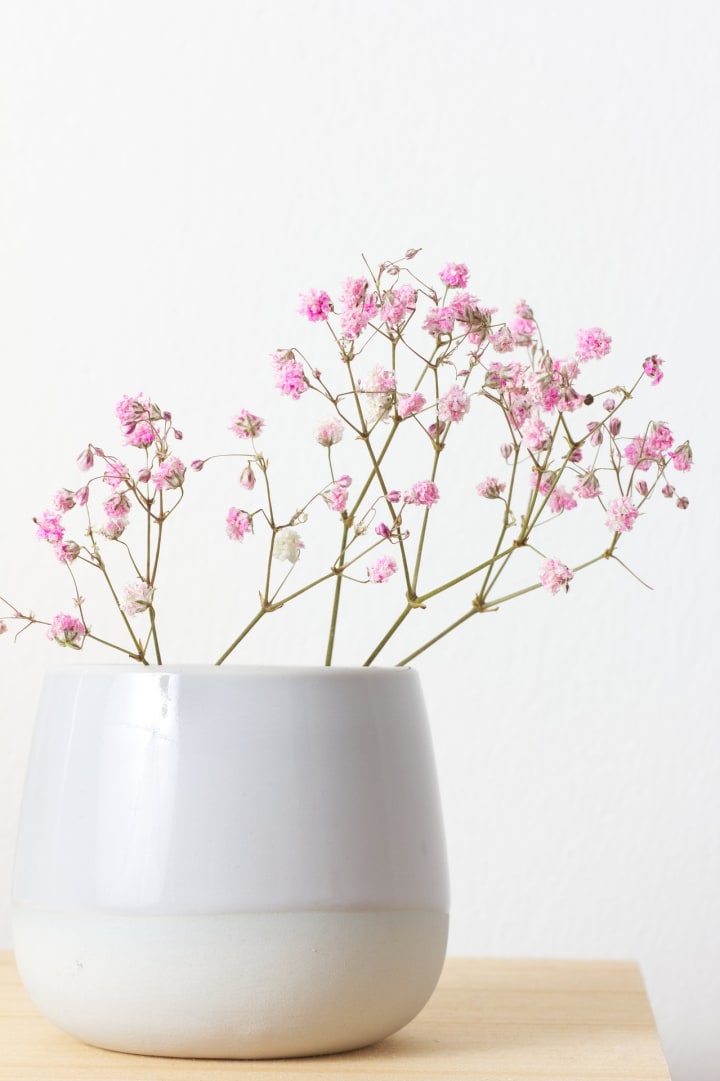
If you are interested in exploring minimalism, start by examining your possessions and commitments. Ask yourself what truly brings you joy and fulfillment, and consider letting go of things that no longer serve a purpose in your life. You may also want to explore the works of minimalism experts like Marie Kondo, Joshua Becker, and Leo Babauta, who offer valuable insights and strategies for living with less.
In conclusion, the benefits of minimalism are numerous and wide-ranging. By simplifying our lives and focusing on what truly matters, we can reduce stress, improve our finances, and create a more sustainable and fulfilling way of life. So why not give minimalism a try and see how it can transform your life for the better?






Comments
There are no comments for this story
Be the first to respond and start the conversation.